Home>Articles>How Long Does It Take To Pressure Wash A Driveway
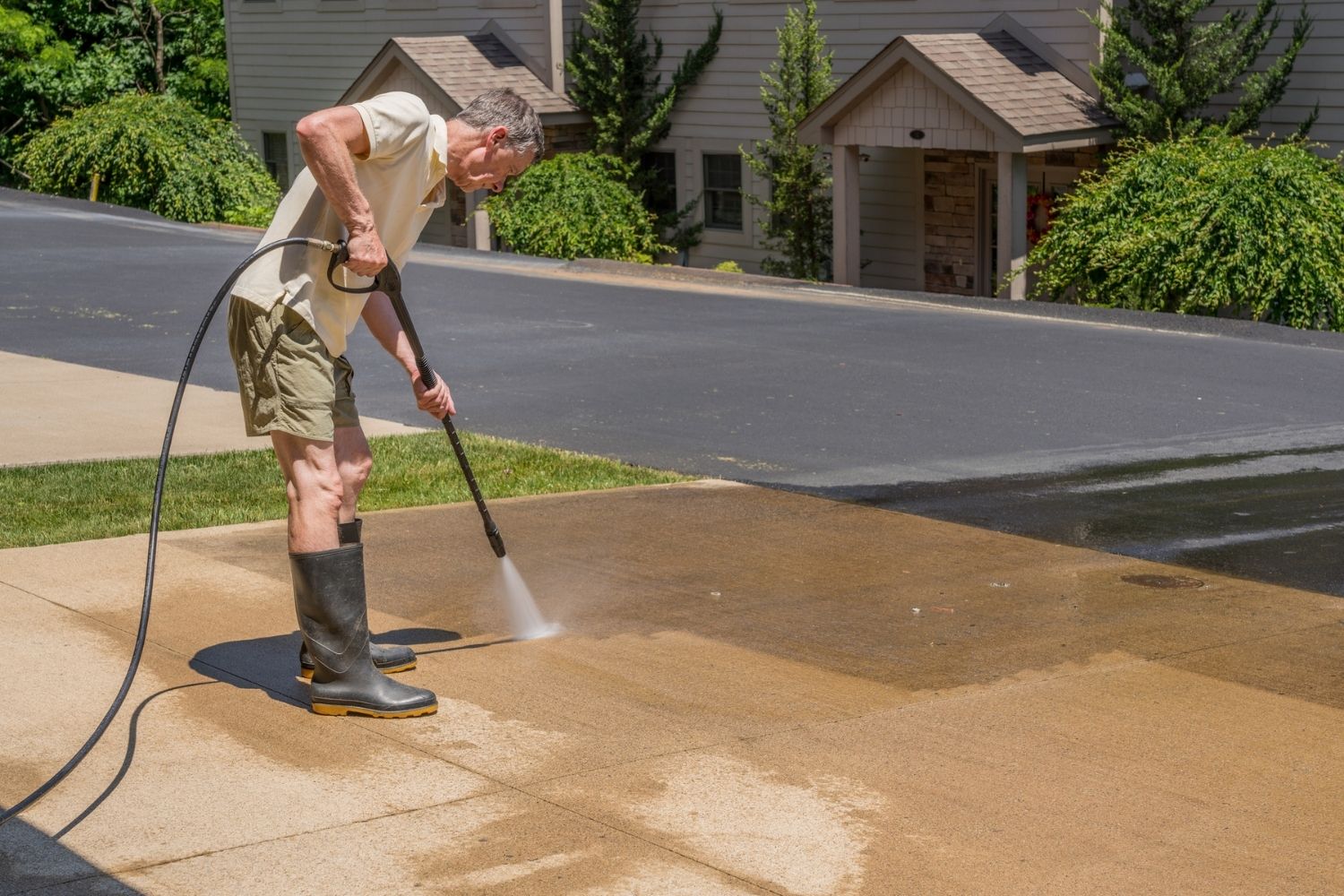

Articles
How Long Does It Take To Pressure Wash A Driveway
Modified: November 1, 2024
Discover how long it takes to pressure wash your driveway with our informative articles. Get expert advice and tips for efficient cleaning and maintenance.
(Many of the links in this article redirect to a specific reviewed product. Your purchase of these products through affiliate links helps to generate commission for Storables.com, at no extra cost. Learn more)
Introduction
Welcome to the world of pressure washing, where dirt, grime, and stains are no match for the power of water. If you’re looking to give your driveway a fresh and clean look, pressure washing is the way to go. However, you may be wondering how long it will take to pressure wash your driveway. Well, the answer to that question depends on a few factors.
In this article, we will explore the factors that can affect the time it takes to pressure wash a driveway. From the size and material of the driveway to the level of dirt and stains, as well as the type of pressure washing equipment and the operator’s experience and skill – we will cover it all. Additionally, we will discuss the steps involved in preparing the driveway for pressure washing and the various techniques that can be used.
By the end of this article, you’ll have a better understanding of what to expect when it comes to pressure washing your driveway and how to estimate the time it will take for your specific situation.
Key Takeaways:
- Size and material of the driveway, level of dirt and stains, type of pressure washing equipment, and operator’s experience all impact the time needed to pressure wash a driveway. Proper preparation and techniques can expedite the process.
- Small driveways take 1-2 hours, medium-sized driveways take 2-4 hours, and larger driveways may require 4-8 hours or more to pressure wash. Factors such as layout complexity and operator efficiency also influence cleaning time.
Read more: How Long Does It Take For A Driveway To Dry
Factors Affecting Pressure Washing Time
When it comes to pressure washing a driveway, several factors can impact the time it takes to complete the task. Understanding these factors will help you better estimate the time required for your specific situation. Let’s take a closer look at some of the key factors:
- Size and Material of the Driveway: The size of your driveway plays a significant role in determining the time needed for pressure washing. Larger driveways naturally require more time to cover every inch thoroughly. Additionally, the material of the driveway can influence the duration as well. Concrete driveways may require more time compared to asphalt driveways due to their porous nature.
- Level of Dirt and Stains: The amount of dirt, grime, and stains on your driveway will affect the time needed for pressure washing. If your driveway has heavy stains or years of built-up grime, it will require more time and effort to clean effectively.
- Type of Pressure Washing Equipment: The type and power of the pressure washing equipment being used can impact the time required. High-pressure machines can clean faster, but they may also require more caution to avoid damaging the driveway’s surface.
- Experience and Skill of the Operator: The operator’s experience and skill level can significantly affect the time it takes to pressure wash a driveway. A seasoned professional who understands the right techniques and knows how to handle the equipment efficiently will likely complete the job quicker than a beginner.
By considering these factors, you can gain a better understanding of the variables at play and estimate the time needed to pressure wash your driveway more accurately. Keep in mind that every driveway is unique, so it’s essential to assess your specific situation to come up with a realistic timeframe.
Size and Material of the Driveway
The size and material of your driveway are crucial factors that can significantly impact the time it takes to pressure wash it. Let’s delve deeper into how these factors can affect the cleaning process:
Size: The size of your driveway plays a vital role in determining the duration of the pressure washing task. It’s simple logic – a larger driveway will naturally take more time to clean compared to a smaller one. A small residential driveway may only take an hour or two to pressure wash, while a long and wide commercial driveway could take several hours or even a full day to complete.
Material: The material of the driveway also influences the pressure washing time. Most driveways are made of either concrete or asphalt, and each material requires different cleaning techniques. Concrete driveways tend to be more porous and can accumulate more dirt and stains over time. As a result, pressure washing a concrete driveway may take longer compared to an asphalt driveway. The porous nature of concrete may require extra time and effort to get deep into the surface and remove stubborn stains effectively.
It’s important to note that the condition of the driveway can also affect the cleaning time. If your driveway hasn’t been cleaned in years and has extensive dirt and stains, it will naturally take longer to pressure wash. Additionally, if there are any cracks or damaged areas, it may require extra time and attention to ensure thorough cleaning and prevent further damage.
Estimating the time needed to pressure wash your driveway based on its size and material is essential to plan your cleaning project effectively. It allows you to allocate the right amount of time and resources, ensuring that the job is completed efficiently and to your satisfaction.
Level of Dirt and Stains
The level of dirt and stains on your driveway is another critical factor that can significantly impact the time it takes to pressure wash it. Let’s explore how the level of dirt and stains can affect the cleaning process:
Light Dirt: If your driveway has minimal dirt and stains, the pressure washing process will generally be faster. Light dirt, such as surface dust, loose debris, or occasional tire marks, can often be easily removed with a quick pass of the pressure washing wand. In these cases, the cleaning process might only take a relatively short amount of time.
Medium to Heavy Dirt: Driveways that have accumulated medium to heavy dirt, such as mud, grease, oil stains, or caked-on grime, will require more time and effort to clean thoroughly. These types of dirt and stains may require repeated passes and targeted pressure washing techniques to effectively remove them. The operator might need to spend extra time focusing on specific areas with stubborn stains before moving on to other sections of the driveway.
Deep-Embedded Stains: Deeply embedded stains, such as rust stains, paint spills, or deeply ingrained oil marks, can be the most time-consuming to remove. These stains often require the use of specialized cleaning agents or additional treatments to break down and lift the stains from the surface. The pressure washing time can be significantly extended when dealing with these types of stubborn stains, as the operator will need to invest more time and effort into each affected area.
It’s worth noting that the duration of the pressure washing process can also depend on the equipment used. Higher-quality pressure washers with greater power and adjustable nozzles may be able to tackle more stubborn stains more efficiently, reducing the overall cleaning time.
Assessing the level of dirt and stains on your driveway is crucial in estimating the time required for pressure washing. By understanding the extent of the cleaning task, you can better plan your project and ensure satisfactory results.
Type of Pressure Washing Equipment
The type of pressure washing equipment used for cleaning your driveway can have a significant impact on the time it takes to complete the task. Various factors related to the equipment can influence the efficiency and speed of the cleaning process. Let’s explore how the type of pressure washing equipment can affect the duration:
Pressure Washer Power: The power of the pressure washer is measured in pounds per square inch (PSI) and gallons per minute (GPM). Higher PSI and GPM ratings indicate more powerful equipment that can clean faster. A pressure washer with high power can remove dirt and stains more effectively, reducing the cleaning time required for your driveway.
Nozzle Type and Adjustment: Pressure washers usually come with different types of nozzles, including 0-degree, 15-degree, 25-degree, and 40-degree nozzles, each with its specific spraying pattern. The choice of nozzle and its adjustment can impact the cleaning efficiency. For instance, a 0-degree nozzle provides a concentrated stream of water for stubborn stains while a wider degree nozzle covers a larger area but with less force. The ability to adjust the nozzle allows the operator to optimize cleaning for different areas of the driveway, improving overall efficiency.
Hose Length: The length of the pressure washing hose can also impact the time it takes to clean your driveway. A longer hose allows for more mobility, reducing the need to move the pressure washer frequently to cover the entire driveway. This can save time and improve the overall efficiency of the cleaning process.
Detergent Application: Some pressure washers have built-in tanks for detergent application. The ability to use detergents or cleaning solutions can help break down stubborn stains and grime more effectively. The time it takes for the detergent to work, along with the pressure washing process, can affect the overall cleaning time for your driveway.
When choosing a pressure washer for your driveway cleaning project, it is essential to consider the specific features and capabilities of the equipment. Opting for a powerful and versatile pressure washer can help expedite the cleaning process and achieve more efficient results.
However, it’s crucial to note that while powerful pressure washers can save time, they should be used with caution to avoid damaging the surface of your driveway. Improper use of high-pressure equipment can cause cracks, etching, or other types of damage, leading to costly repairs.
Working with a professional pressure washing service ensures the use of appropriate equipment and techniques for your specific driveway, resulting in efficient and safe cleaning.
When pressure washing a driveway, the time it takes will depend on the size and level of dirt and grime. On average, it can take anywhere from 1-3 hours to complete the job. Make sure to use the appropriate pressure and nozzle for the best results.
Read more: How Long Does It Take To Pave A Driveway
Experience and Skill of the Operator
The experience and skill level of the operator performing the pressure washing can have a significant impact on the time it takes to complete the task. A skilled and experienced operator will be more efficient and effective in their cleaning techniques, which can lead to a faster cleaning process. Let’s explore how the experience and skill of the operator can influence the duration of pressure washing:
Knowledge of Pressure Washing Techniques: An experienced operator will possess in-depth knowledge of various pressure washing techniques. They will understand the appropriate pressure levels, nozzle selection, and spraying patterns for different types of driveways and stains. This knowledge allows them to clean efficiently and effectively, reducing the overall cleaning time.
Efficient Equipment Handling: Experienced operators are well-versed in handling pressure washing equipment with expertise and efficiency. They will be familiar with the controls and features of the equipment, allowing them to work seamlessly without any delays or complications. Their ability to maneuver the equipment effortlessly saves time during the cleaning process.
Spotting Potential Issues: Experienced operators have a keen eye for identifying potential issues or problem areas on the driveway. Whether it’s identifying cracks, weak spots, or delicate surfaces, they can quickly spot such areas and take appropriate precautions. This ensures that the cleaning process is carried out safely and efficiently, without causing any damage that may delay or complicate the task.
Effective Time Management: Seasoned operators have developed efficient time management skills through their experience. They understand how to prioritize and allocate time based on the specific needs of the driveway, such as focusing more time on heavily stained areas and adjusting the cleaning approach based on real-time observations. This expertise allows them to complete the pressure washing process within a reasonable timeframe.
While it may be tempting to undertake pressure washing as a DIY project, hiring an experienced operator or professional pressure washing service can save you time and ensure optimal results. Their expertise and skill level can make a significant difference in the efficiency and effectiveness of the cleaning process.
By entrusting your driveway to a knowledgeable operator, you can have peace of mind knowing that the job will be completed with the utmost care and efficiency, resulting in a clean and rejuvenated driveway in less time.
Preparing the Driveway for Pressure Washing
Before beginning the pressure washing process, proper preparation of the driveway is crucial to ensure effective and efficient cleaning. Adequate preparation not only helps achieve better results but can also contribute to minimizing the overall cleaning time. Here are some essential steps to prepare your driveway for pressure washing:
Clear the Area: Remove any obstacles, vehicles, or objects from the driveway that might hinder the pressure washing process. This includes cars, patio furniture, potted plants, or any other items that can be moved elsewhere temporarily. Clearing the area allows for a hassle-free and thorough cleaning without the risk of damage to objects or equipment.
Sweep the Surface: Before pressure washing, sweep the surface of the driveway to remove loose debris, leaves, dirt, and other particles. A broom or blower can be used to clear the surface effectively. By removing loose debris, you prevent any potential blockages or obstructions that might interfere with the pressure washing process.
Pre-Treat Stains: If you have stubborn stains, it is advisable to pre-treat them before pressure washing. There are various stain-removal solutions available on the market that can help break down and loosen tough stains. Apply the appropriate stain remover to the affected areas and allow it to sit for the recommended amount of time, as per the product instructions. This pre-treatment can significantly enhance the effectiveness of the pressure washing process and reduce the cleaning time required for those specific stains.
Protect Surrounding Areas: Take precautions to protect any nearby plants, sensitive surfaces, or objects that may be affected by the pressure washing process. Use plastic tarps or covers to shield delicate plants and prevent any detergent or debris from splashing onto them. It’s also a good idea to cover any outdoor furniture, light fixtures, or other nearby items that could potentially be damaged by the pressure washing equipment.
Wet the Driveway: Before pressure washing, wetting the driveway surface with water helps to loosen dirt and grime. It also helps to prevent the cleaning solution from drying out too quickly, ensuring that it can work effectively on the stains. Use a hose or a sprinkler to thoroughly wet the surface before proceeding with the pressure washing process.
By following these steps and properly preparing your driveway for pressure washing, you can optimize the cleaning process and achieve more efficient and satisfactory results. Adequate preparation contributes to a smoother and faster cleaning process, ultimately saving you time and effort.
Pressure Washing Techniques
Utilizing the right pressure washing techniques is crucial for achieving optimal cleaning results and minimizing the time it takes to clean your driveway effectively. Here are some essential pressure washing techniques that can help expedite the cleaning process:
Starting from the Top: When pressure washing your driveway, it’s best to start from the top and work your way down. This technique allows any dirt and debris to flow downward, preventing them from settling back onto already cleaned areas. Begin by pressure washing the uppermost part of the driveway, such as the garage entrance or the portion closest to the house, and gradually move towards the lower sections.
Using the Right Nozzle: The nozzle you choose for pressure washing makes a significant difference in terms of cleaning efficiency and time. For broad areas of the driveway, such as the surface without stubborn stains, a wider spray pattern, such as a 25-degree or 40-degree nozzle, can cover more ground in less time. However, for deep-stained areas or tough grime, a narrower nozzle, such as a 15-degree or 0-degree nozzle, can provide more concentrated pressure for effective cleaning.
Maintaining Proper Distance: It’s important to maintain an appropriate distance between the pressure washer nozzle and the driveway’s surface. Holding the nozzle too close can result in damage, while holding it too far may diminish the cleaning power. Typically, a distance of around 6 to 8 inches from the surface is recommended. This allows the water pressure to effectively clean the driveway without causing any harm.
Overlapping Strokes: To ensure thorough cleaning, use overlapping strokes as you move the pressure washer wand across the driveway. This technique helps prevent streaking or missed spots and ensures consistent coverage. By overlapping each stroke by around 50%, you can achieve a thorough and even clean without wasting time going over missed areas.
Applying Detergents: For stubborn stains or heavily soiled areas, applying a detergent or cleaning solution can enhance the cleaning process. These solutions help break down and lift dirt, grease, and grime, making it easier to remove. Apply the detergent evenly over the affected areas and allow it to sit for the recommended time before pressure washing. This pre-treatment can significantly improve the effectiveness of the pressure washing and reduce overall cleaning time.
Rinsing Properly: After pressure washing, it’s essential to rinse the driveway thoroughly to remove any residual dirt, detergent, or debris. Use broad, sweeping strokes with the pressure washer to ensure that all areas are properly rinsed. Pay attention to edges, corners, and hard-to-reach spots to ensure a complete clean.
By implementing these pressure washing techniques, you can expedite the cleaning process and achieve more efficient results. However, it’s crucial to exercise caution and follow safety guidelines to prevent any damage to the driveway or surrounding areas. If you’re unsure about the techniques or have concerns, it’s recommended to seek professional assistance from experienced pressure washing experts.
Time Estimates for Different Driveway Sizes
The time it takes to pressure wash a driveway can vary depending on its size. Larger driveways naturally require more time and effort to clean thoroughly. While actual time estimates will depend on the factors mentioned earlier, such as dirt level, equipment, and operator skill, we can provide some general guidelines for different driveway sizes:
- Small Driveway: A small residential driveway, typically around 200 to 500 square feet, can usually be pressure washed within 1 to 2 hours. These driveways are relatively quick to clean as they cover a smaller surface area and may have less dirt and fewer stains to remove.
- Medium-Sized Driveway: A medium-sized driveway, ranging from 500 to 1,000 square feet, may take around 2 to 4 hours to pressure wash thoroughly. These driveways require more time due to their larger size, and there may be areas with heavier dirt and stains that require extra attention.
- Large Driveway: For larger driveways, such as those exceeding 1,000 square feet, the time required to pressure wash can range from 4 to 8 hours or more. These driveways often cover a substantial area, and there may be sections with deeply ingrained stains or extensive dirt accumulation that demand additional time and effort to clean effectively.
It’s important to note that these time estimates are general guidelines and can vary based on the factors specific to your driveway. The complexity of the layout, the presence of obstacles, and the level of dirt and stains can all impact the cleaning time. Additionally, the experience and efficiency of the operator, as well as the quality and power of the pressure washing equipment, can also affect the overall cleaning duration.
By considering these estimates, you can gain a rough idea of the time required to complete the pressure washing process for your driveway. However, it’s always recommended to consult with a professional pressure washing service to assess your specific situation accurately and determine a more precise time estimate based on their expertise and evaluation.
Conclusion
Pressure washing your driveway can significantly enhance its appearance and restore its original luster. However, understanding the factors that affect the time it takes to pressure wash a driveway is key to managing your expectations and planning your project effectively.
Factors such as the size and material of your driveway, the level of dirt and stains, the type of pressure washing equipment used, and the experience and skill of the operator all play a crucial role in determining the cleaning time. By considering these factors, you can estimate the duration more accurately and ensure a smooth and efficient pressure washing process.
Proper preparation of the driveway, such as clearing the area, sweeping the surface, and pre-treating stains, is essential for optimal cleaning results. Employing the right pressure washing techniques, such as starting from the top, using the appropriate nozzle, and maintaining proper distance, can help expedite the cleaning process and achieve thorough results.
When it comes to time estimates, smaller driveways typically take 1 to 2 hours, medium-sized driveways can range from 2 to 4 hours, and larger driveways may require 4 to 8 hours or more. These estimates serve as general guidelines, and the actual time will depend on various factors specific to your driveway.
In conclusion, pressure washing your driveway can be a rewarding and transformative project. By understanding the factors affecting cleaning time and employing the right techniques, you can ensure a more efficient and effective cleaning process. If you are unsure or want the best results, it is always recommended to hire a professional pressure washing service with experience and expertise in handling various driveway types and conditions.
So, go ahead and give your driveway a fresh new look through the power of pressure washing. Enjoy the satisfaction of a clean and rejuvenated space that enhances the overall curb appeal of your home.
Now that you've mastered pressure washing your driveway, why not extend those cleaning skills to other parts of your home exterior? For instance, siding often accumulates dirt and algae that can be effectively removed with a pressure washer, ensuring your home looks as welcoming as possible. Our detailed guide on using pressure washers for siding offers practical tips and insights to make the job easier and more effective. Dive into our next article for a step-by-step approach on maintaining pristine siding.
Frequently Asked Questions about How Long Does It Take To Pressure Wash A Driveway
Was this page helpful?
At Storables.com, we guarantee accurate and reliable information. Our content, validated by Expert Board Contributors, is crafted following stringent Editorial Policies. We're committed to providing you with well-researched, expert-backed insights for all your informational needs.
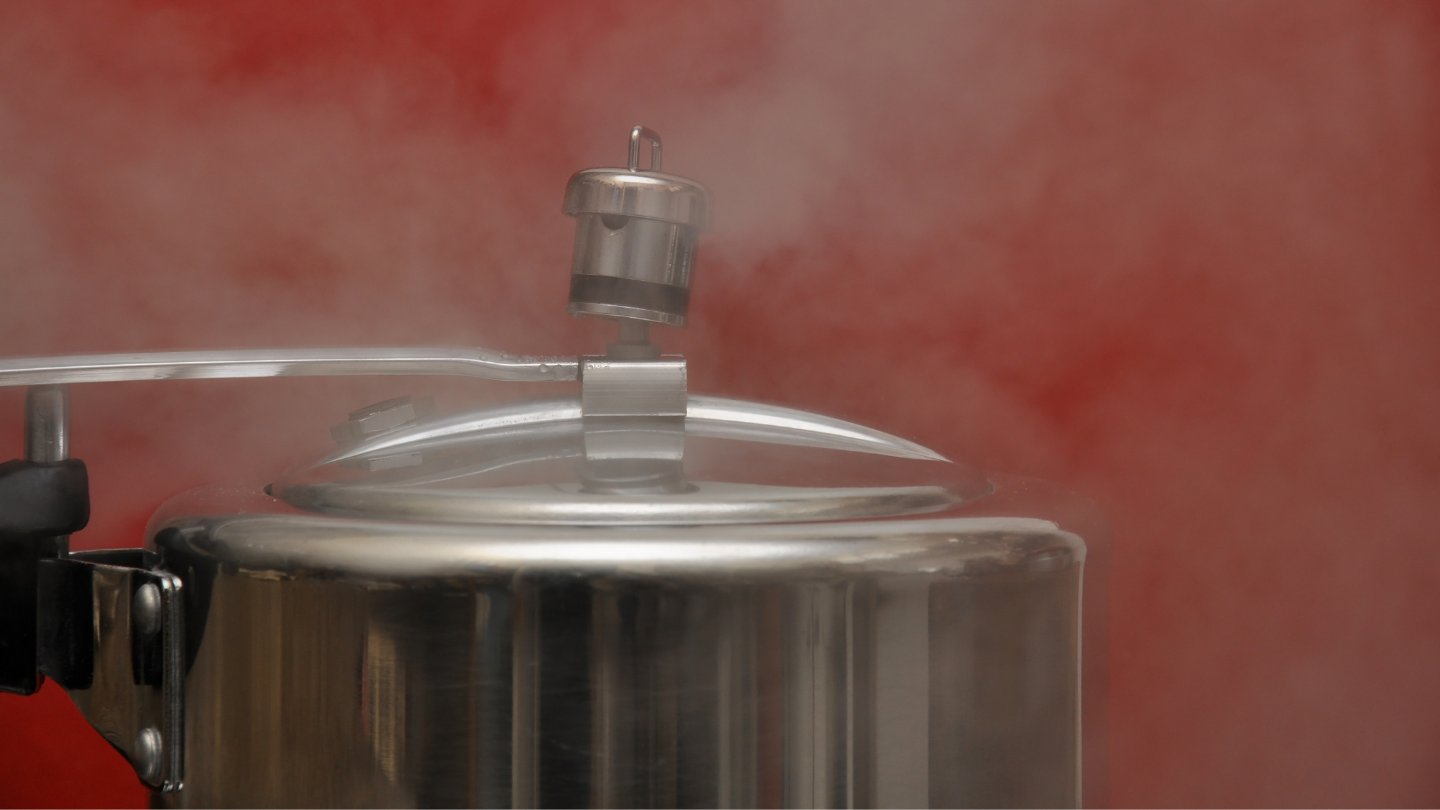
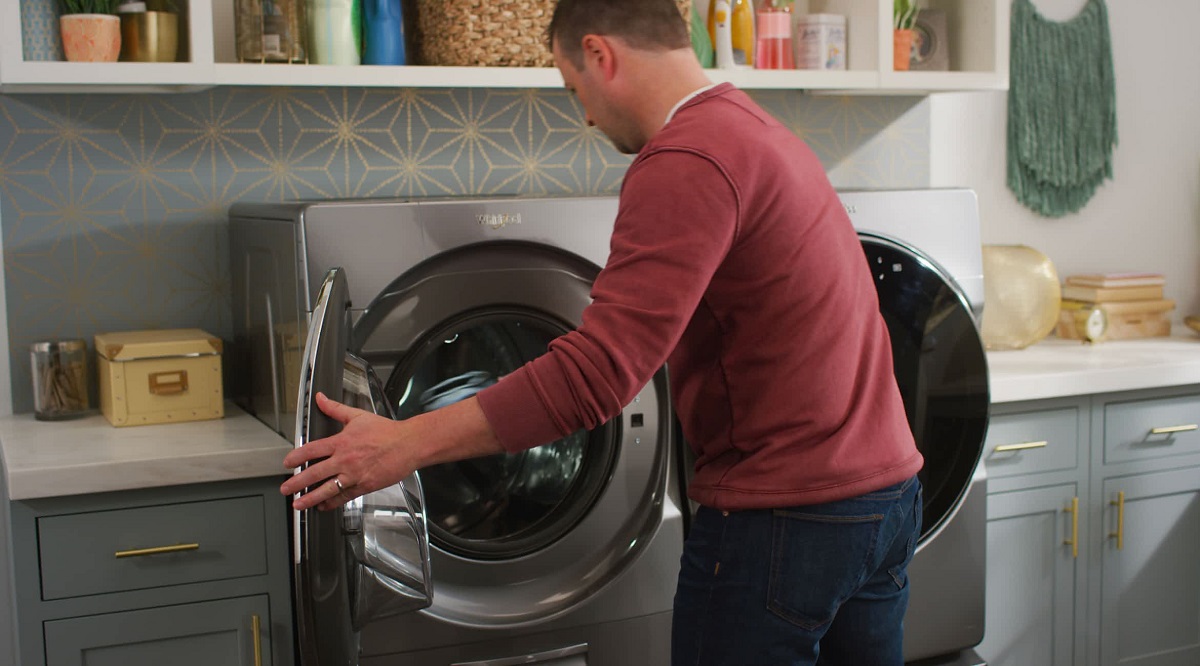
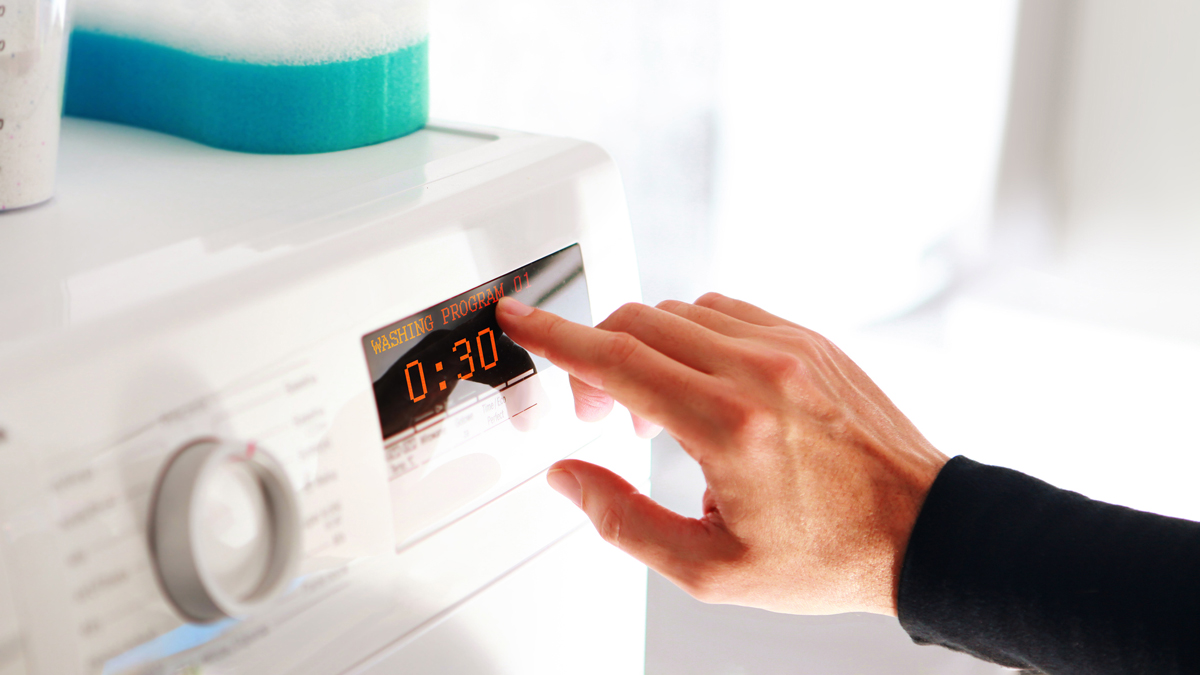
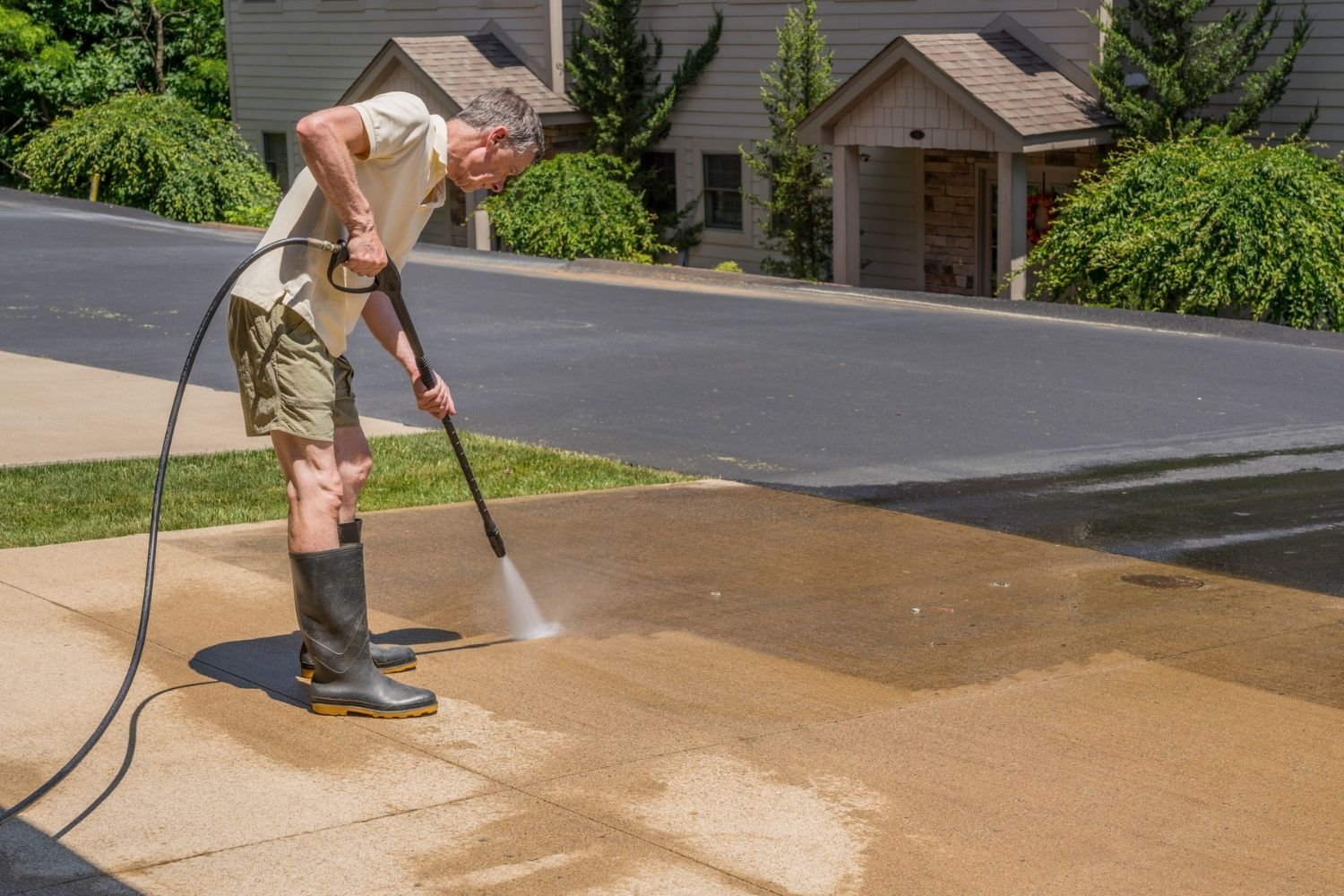
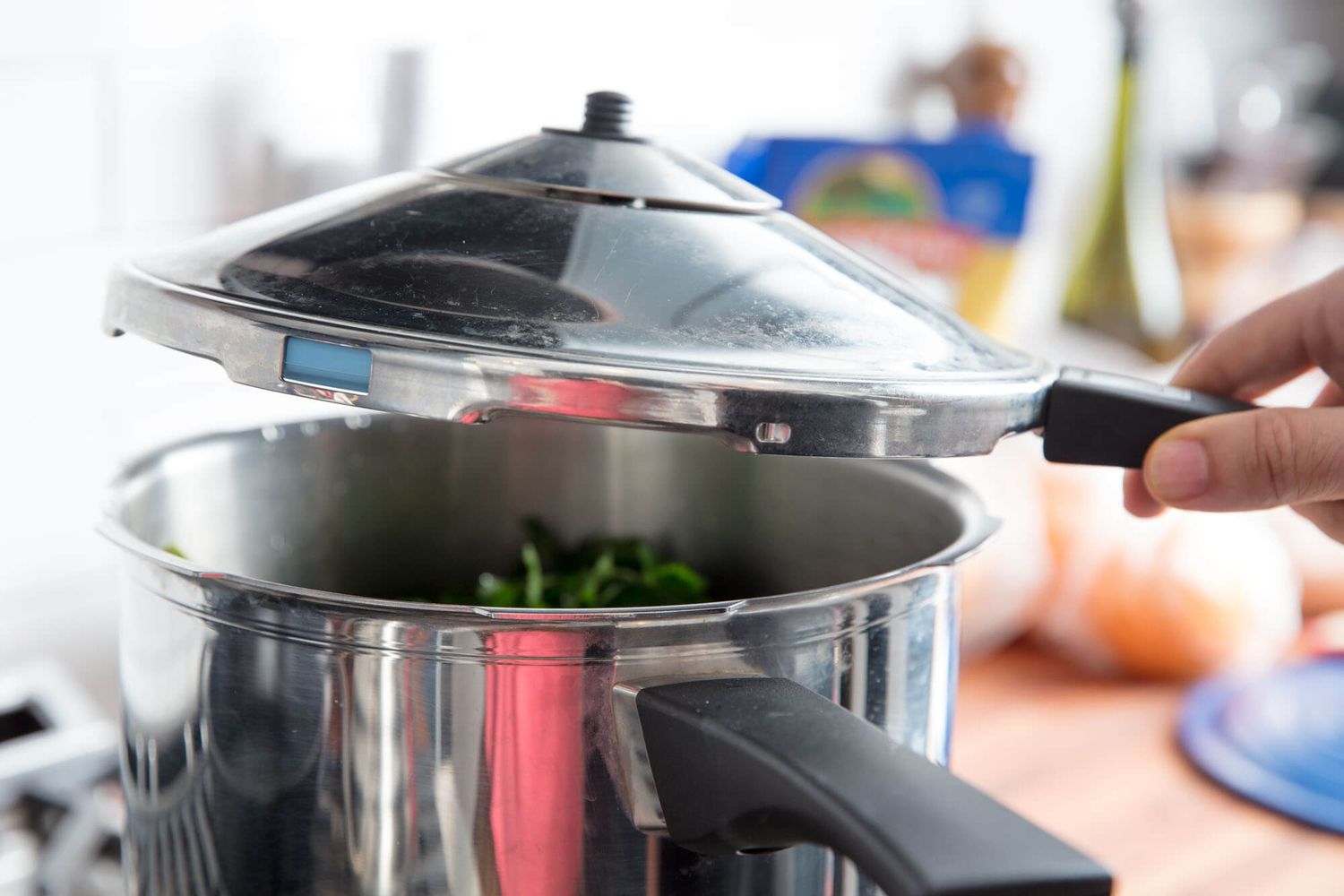
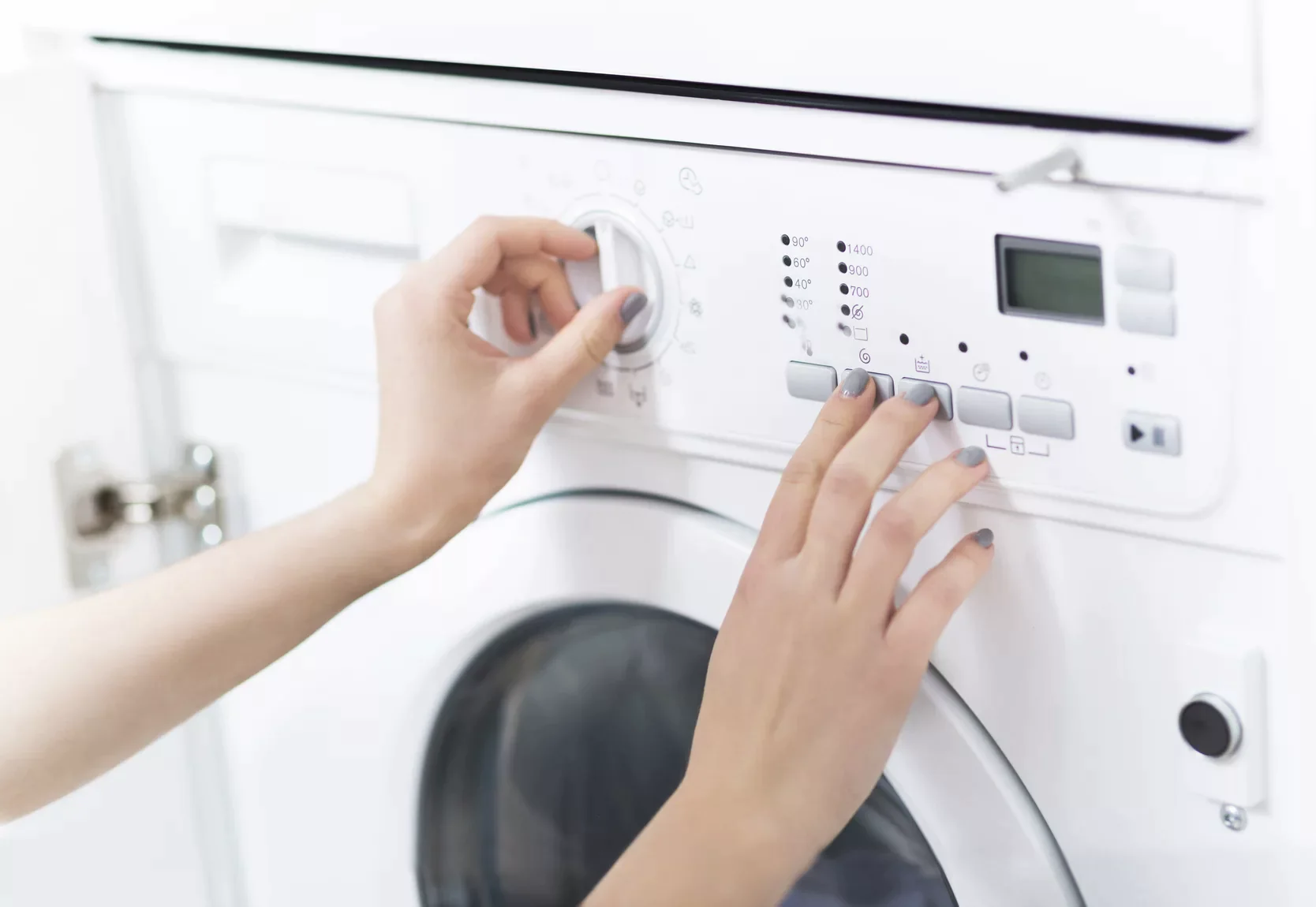
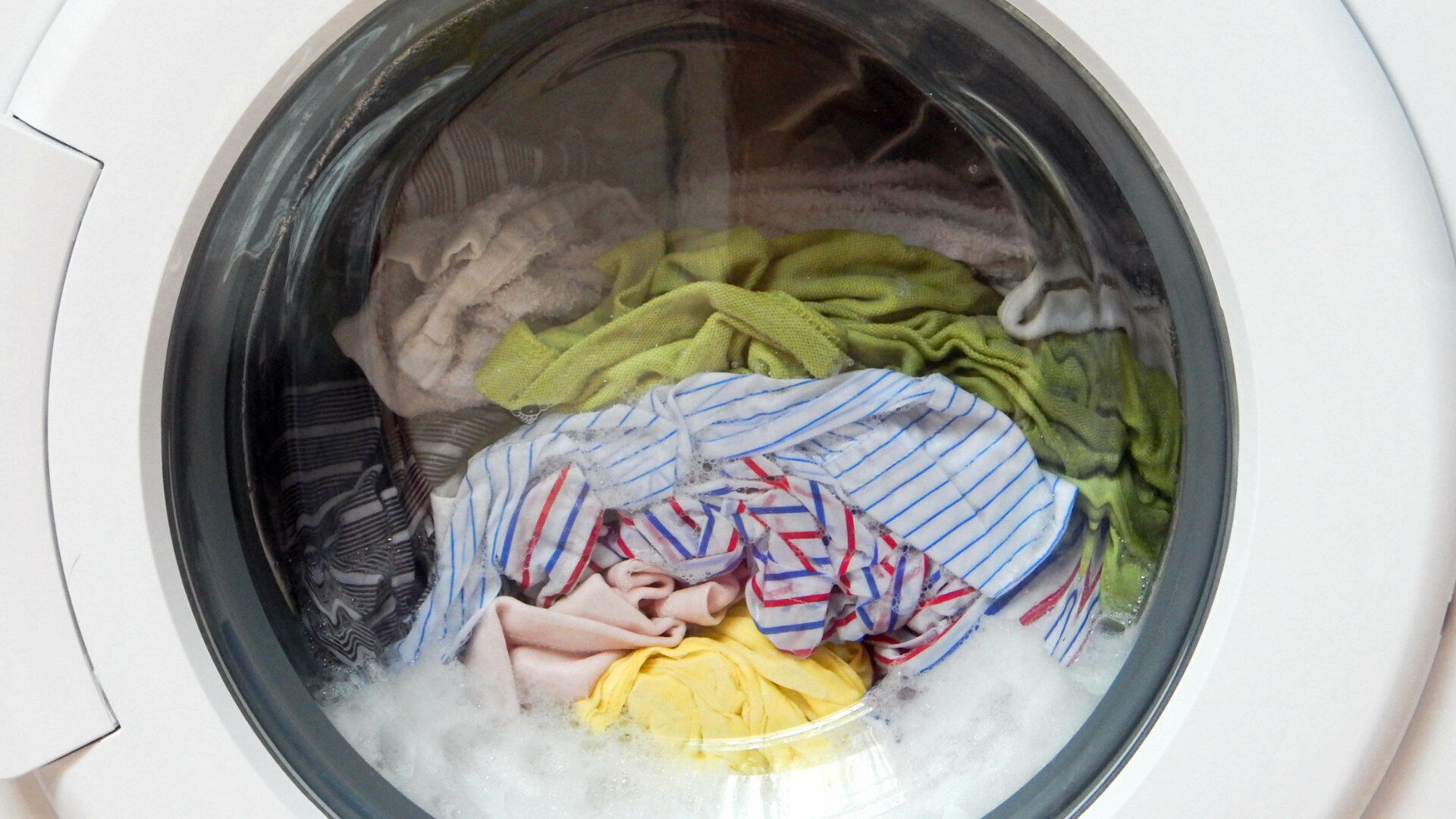
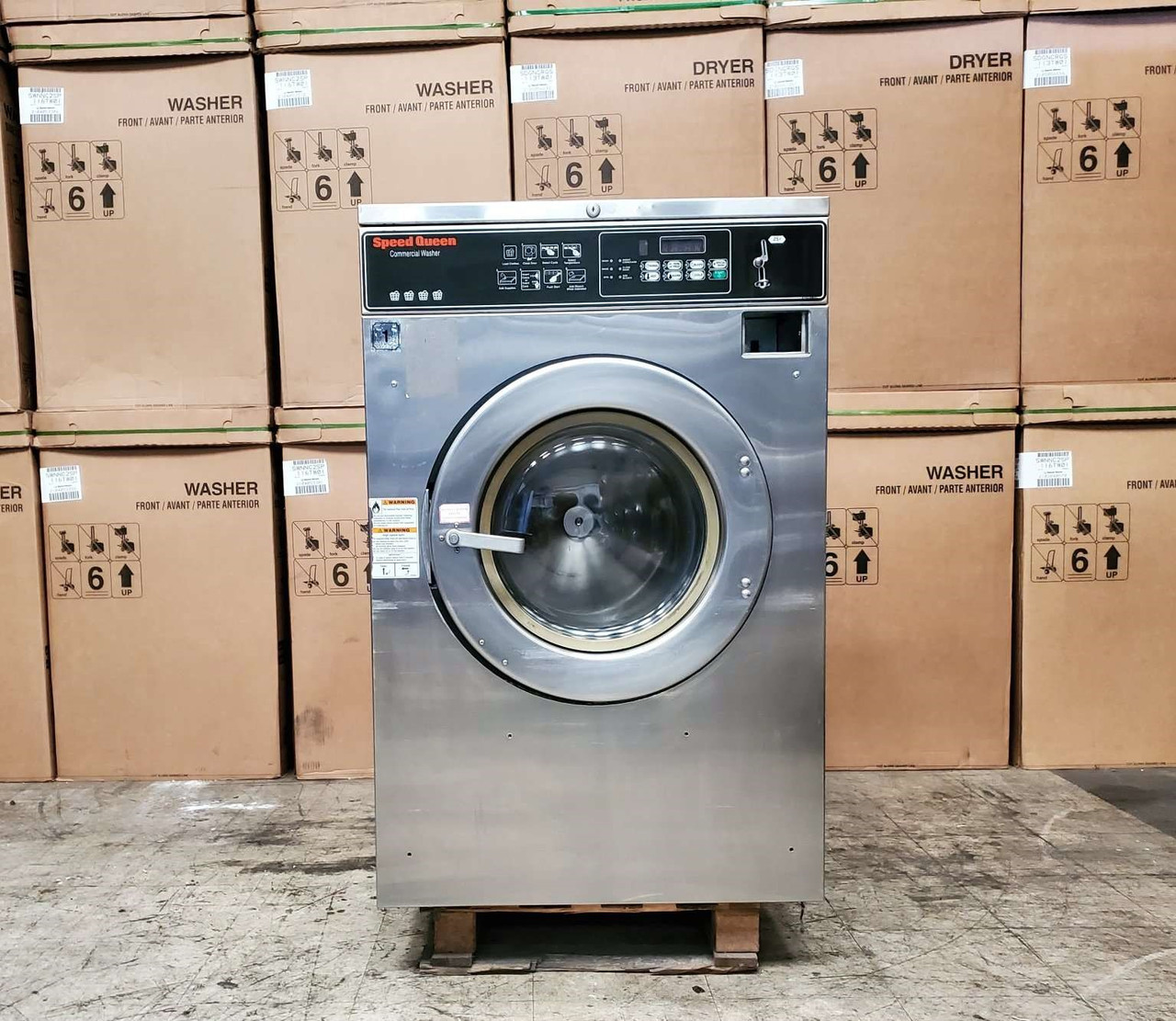
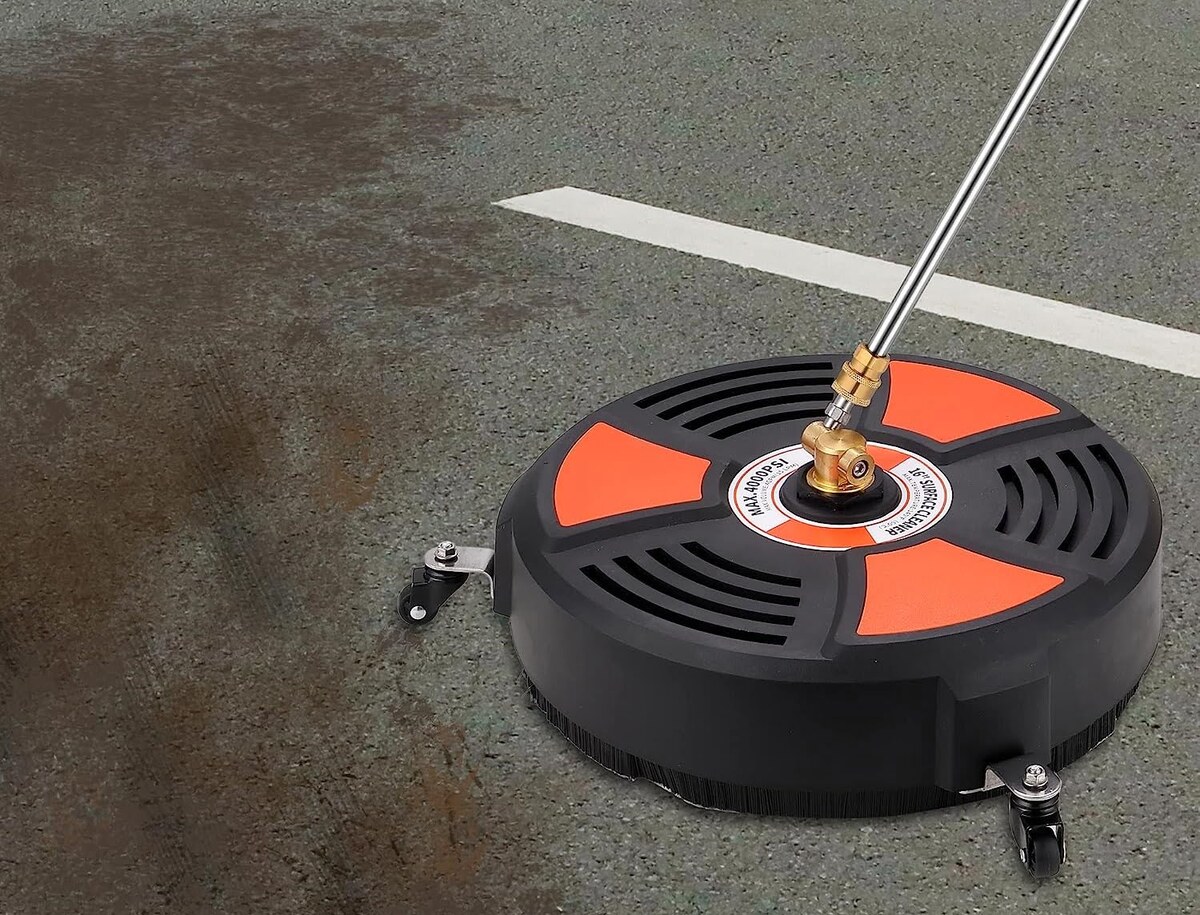

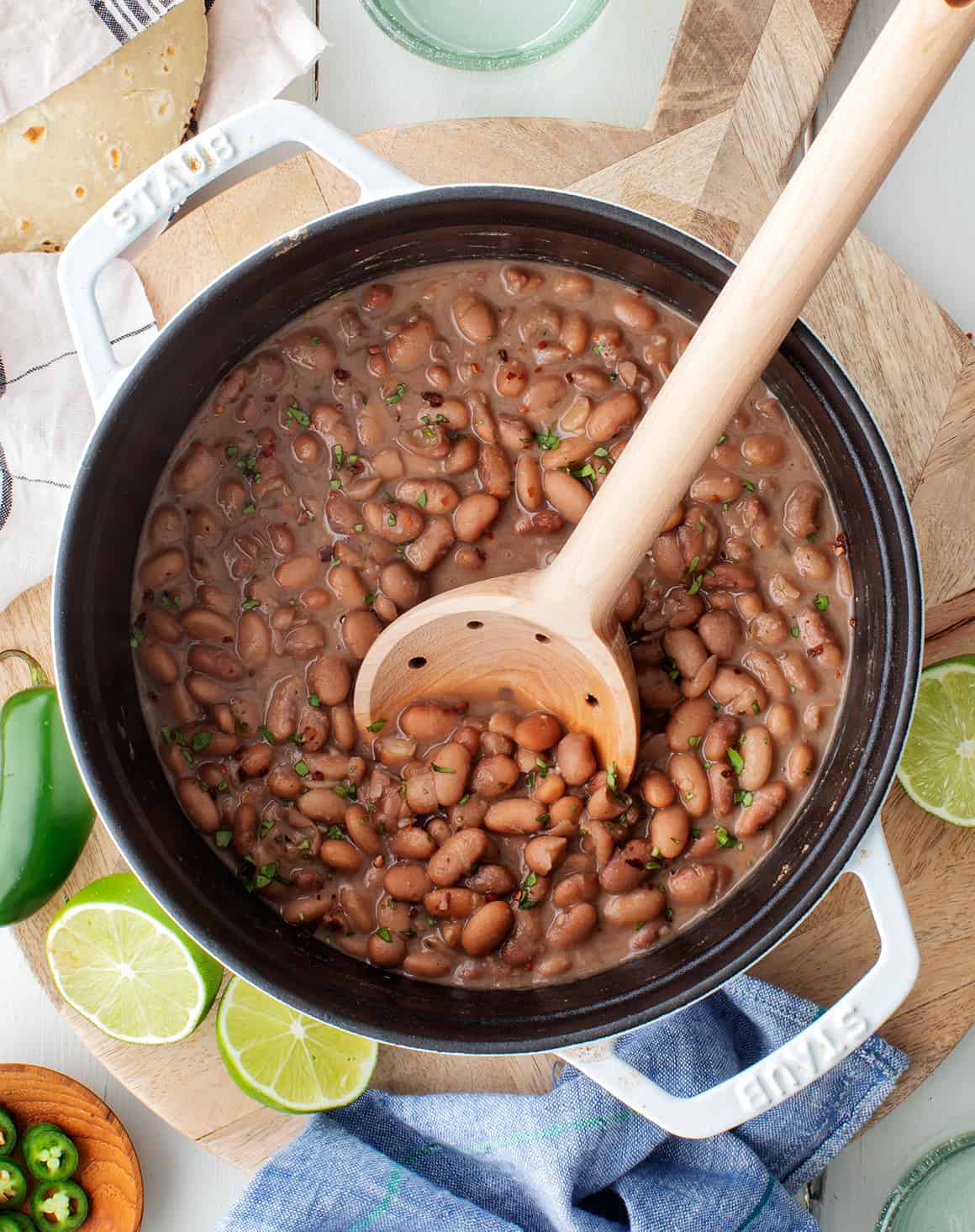
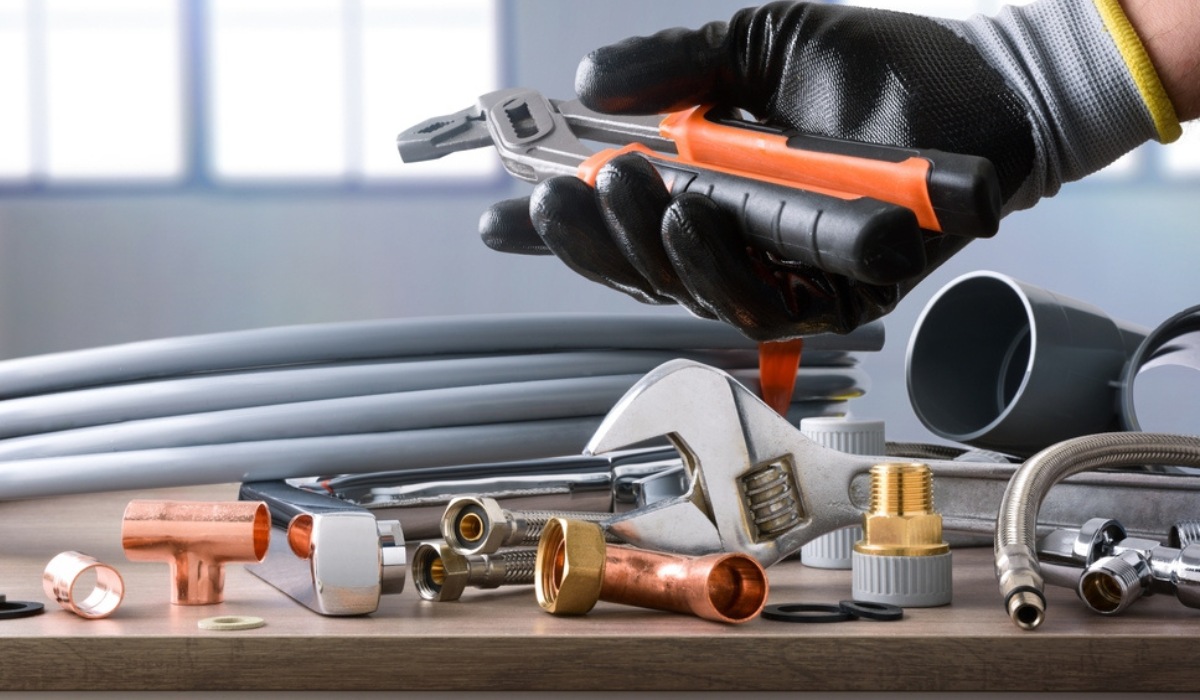
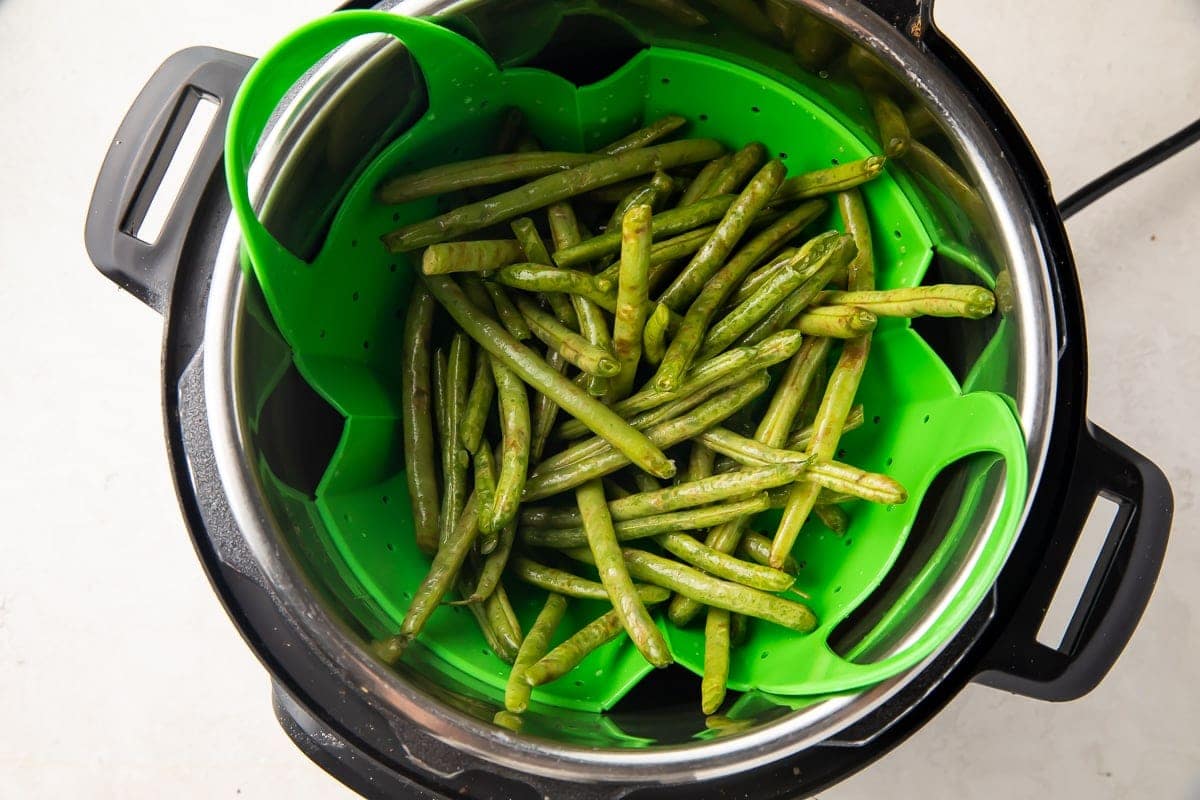

0 thoughts on “How Long Does It Take To Pressure Wash A Driveway”